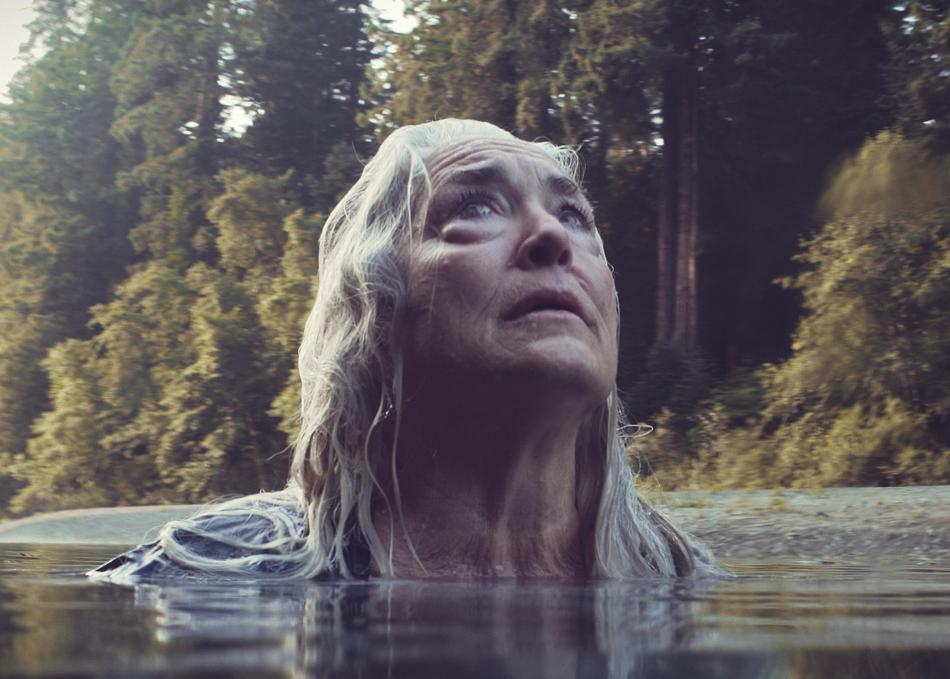Please Note: “Freeland” was originally scheduled to premiere at the 2020 SXSW Film Festival. With the express consent of the representatives of the filmmakers, we present the review of the film here.
Marijuana might be cinema’s favorite drug. Moving past “The Big Lebowski” or “Pineapple Express,” you can trace Hollywood’s adoration for kush all the way back to 1936 with Lawrence Meade’s cult classic “Reefer Madness,” and, debatably, no other drug has carved out a subgenre for itself. For instance, “The Panic in Needle Park” and “Blow” are merely drug movies, but “Half Baked” is a stoner movie. See the difference?
Moreover, even critically acclaimed auteurs include weed-related projects among their filmography; Oliver Stone’s “Savages,” Paul Thomas Anderson’s “Inherent Vice” (Sure, it’s a stretch, but go along with it, man) and, most recently, Harmony Korine’s “The Beach Bum” all rank among the finest entries in the Weed Cinematic Universe—otherwise known as the WCU.
Jokes aside, it would be a disservice to categorize “Freeland” as a stoner movie; or, perhaps including Kate McLean and Mario Furloni’s subdued, observational drama among the aforementioned subgenre ranks as its paramount accolade. Aside from depicting the desolate plight of Devi (Krisha Fairchild), a weed farmer desperate to sell her latest harvest, “Freeland” ignores the criteria that frequently accompany narcotics-filled features; the film is unflashy, restrained and tranquil, qualities that mirror Devi’s method of distribution. However, as the looming legalization of marijuana disrupts her operation, the former hippie combats rivals set on sabotage and struggles with her own internalized self-doubt.
Empowered by silence, yet crippled by simplicity, “Freeland” succeeds—and falters—with minimalism. McLean and Furloni, documentarians by trade, craft a scripted feature that possesses an empathic, improvisational spirit; how much of the film’s naturalistic interaction existed on the page is uncertain, but much of execution calls attention to the aptitude of the film’s leads and its co-directors.
Praising a performance by Fairchild in the aftermath of “Krisha” might appear obligatory or insincere, but any-and-all praise is beyond warranted. The actress’s portrayal of a woman—a fiercely independent, ageless remnant of the 60s counterculture takeover—caught within the teeth of age, fear and uncertainty ensures that “Freeland” remains on stable footing. Better still, coinciding with McLean and Furloni’s commitment to subtlety, much of the sentiment planted beneath the soil of “Freeland” rests entirely on the nuance of Fairchild’s expressions, momentary details that betray years of memories and a monologue’s worth of emotion.
Contrary to the film’s title, the lack of opportunity, or rather how time and age rob an individual of independence, circulates among meditatively approached co-themes, which include the impermanence of experience and loneliness; comparable films often outwardly address their substantive topics, but “Freeland” relishes in contemplation, deciphering through the revelatory serenity found in silence—a zone that often exposes shards of regret for Devi. By associating the woman’s existential plight with harvesting a perishable substance within an ever-shifting industry, Devi’s journey into her golden years adopts an aura of decay, an uneasy atmosphere boosted by William Ryan Fritch’s horror-esque score and Furloni’s captivating cinematography.
Regrettably, the film’s skeletal quietude sinks its impact. At 80 minutes, “Freeland” cuts itself too short, revealing the gaunt sparsity of its narrative and forsaken opportunities to expound upon its supporting characters. Furthermore, an unforeseen, albeit bizarrely effective, last-minute tonal switch indicates an uncharted route that, if explored, would have elevated “Freeland” to a higher plane, one marked by explicit psychological turmoil instead of suppressed hints to brewing tension; an unexploited opportunity rarely feels so misused.
In a perfect world, “Freeland” tacks on an additional 15 minutes, sprinkles in richer characterization and flourishes into an effective psychodrama. Fantasy notwithstanding, in reality, the existing version of “Freeland” endures as an introspective, succinct mood piece enriched by Fairchild’s phenomenal lead performance and the artistic vision of two compassionate filmmakers in tune with the essence of their craft. [B-]





